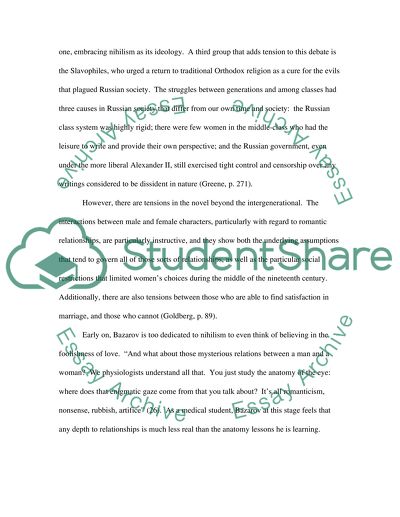Cite this document
(“Gender Relationships in Turgenevs Fathers and Sons Book Report/Review”, n.d.)
Retrieved from https://studentshare.org/literature/1502199-turgenevs-fathers-and-sons
Retrieved from https://studentshare.org/literature/1502199-turgenevs-fathers-and-sons
(Gender Relationships in Turgenevs Fathers and Sons Book Report/Review)
https://studentshare.org/literature/1502199-turgenevs-fathers-and-sons.
https://studentshare.org/literature/1502199-turgenevs-fathers-and-sons.
“Gender Relationships in Turgenevs Fathers and Sons Book Report/Review”, n.d. https://studentshare.org/literature/1502199-turgenevs-fathers-and-sons.


